House flipping: is it worthwhile?

Keytrade Bank
keytradebank.be
March 04, 2020
(updated August 20, 2024)
6 minutes to read
At first glance, it seems an easy way to earn some money. Buy a run-down house, do it up by putting tens of thousands of euros into it, put it back on the market, and make a fortune. On (US) television, there are enough reality shows about house flipping that make it seem like child's play. But is that really the case?
In recent years, property prices in Belgium have constantly been on the up. And demand for finished, habitable property remains high today, too. Furthermore, not only are there more Belgians, but the number of small families is rising as well. And they all want to have their own roof over their heads. Many wealthy individuals are also looking for more property to diversify their capital. All of these factors make it a selling market.
Jack of all trades
The supply of properties to be renovated is quite high – a large proportion of the homes in Belgium do not currently meet the standards to ensure mandatory renovation. In Flanders alone, more than two million homes must be adapted by 2040.
This means there is enough demand for liveable homes, and there is a big enough supply of homes to be refurbished. If you want to get stuck in, at first glance it may seem a good idea to buy a house, do it up and reap the rewards – particularly if you know what you're doing when it comes to developing a property.
Everyone thinks they are Bob the Builder
The market conditions therefore seem favourable. But are there many Belgians who actually do this? "Unfortunately, there are", says notary Jelle Van Hove. "I see it quite a lot in practice: houses are bought, 'done up' in a few weeks or months and then sold. Sometimes there's only six months between the purchase and sale. That naturally makes you doubt the quality of the renovation." For some people, renovating is code for papering over the cracks. "As a buyer, there's the risk that you end up being duped. Damp problems, poorly-fitted insulation, poor-quality construction materials: there aren't really any exceptions."
And what about buying a 'fixer-upper' in good faith (sold cheaply and where the buyer must live for two years after renovation): would you advise against that? "Absolutely not", says the notary. "It all depends on several factors, of course." Here are some important fiscal and practical points to bear in mind:
1. Registration fees
"If you buy a fixer-upper (either as your main residence or a second home) and then sell it within two years, you'll recoup 60% of the registration fees", says notary Jelle Van Hove. "If you then buy another home (but only in the case of a main residence) within these two years, you'll also be able to recover the balance (40%)."
2. Capital gains tax
"If the fixer-upper is your main residence, you'll pay no capital gains tax on the sale", says notary Jelle Van Hove. "If you sell the fixer-upper on within five years of purchasing it (and the fixer-upper was not your main residence), you will have to pay tax on it. The capital gains are the difference between the purchase price and the sale price. From a tax perspective, the 'purchase price' is a flexible term. You may augment the purchase price with a lump sum of 25% from the tax authorities. And you may also add 5% in lump-sum costs per year. Finally, if you engage a registered contractor, you may also add these costs onto the purchase price." In the example below, you sell a fixer-upper as a one-off hobby within a year
- If house flipping is your main occupation, this income will be taxed through personal income tax.
- If it's a one-off 'hobby', you'll pay capital gains tax of 16.5%.
- And if it isn't your main occupation but you do it on a regular basis, you'll pay capital gains tax of 33%.
The capital gains are the difference between the purchase price and the sale price. From a tax perspective, the 'purchase price' is a flexible term. You may augment the purchase price with a lump sum of 25% from the tax authorities. And you may also add 5% in lump-sum costs per year. Finally, if you engage a registered contractor, you may also add these costs onto the purchase price." In the example below, you sell a fixer-upper as a one-off hobby within a year
| empty-header | empty-header |
|---|---|
costs when buying property | amount |
Purchase price of the house | € 200,00 |
Works carried out by a registered contractor | € 20,00 |
Tax lump sum of 25% | € 50,00 |
Sale price of the house | € 300,00 |
Amount on which capital gains tax is payable | € 30,00 |
Total capital gains tax due (at 16.5%) | € 4,95 |
3. Low VAT rates
Even if you're good when it comes to DIY, you're better off leaving the gas connection or stability calculation to a specialist. The tax authorities are very generous on your wallet here, too, as you'll only pay VAT of 6% on works carried out by a recognised contractor. There are, however, a few conditions – one of which is that the house must already be 10 years old. Read more about these conditions in French or in Dutch.
4. Money
Buying a fixer-upper? You won't get one for nothing, although you're in a better position as a potential buyer. There's often quite a lot of haggling when it comes to such properties. And there may well be less competition if you're interested in buying a house that needs a thorough renovation.
One option is to turn to part of your savings. Furthermore, it's advisable not only to keep some funds aside for renovations, but also a buffer too just in case something goes wrong. You always take a significant concentration risk when you pump a large sum into an investment.
"If you want a loan, you'll have to bear the bank's financing conditions in mind", says Jelle Van Hove. "Remember that a loan involves costs and taxes, too: registration fees, subscription fees, deed costs, and legal fees." If you pay some of the mortgage off early, this also involves costs, such as a reinvestment penalty. You should first make a thorough analysis of the costs, grants and potential returns." > Run a mortgage simulation
5. Time
Renovations are time-consuming tasks, particularly if you want to deliver a high-quality job. You should therefore say goodbye to the evenings on the sofa and the city breaks at weekends. Apart from time, you also need to be patient. Doing up a house is usually a marathon, not a sprint.
6. Your skills and limitations
If you have to engage plumbers, electricians and painters, you'll be handing over a large part of your potential return. If you're not a natural at DIY, you'll need to make a good plan well in advance and negotiate to get the best rates. And if you don't know much about property, have two left hands, or aren't good at planning or negotiating, perhaps there are
better alternatives for you to invest your hard-earned cash.
Other articles that might interest you
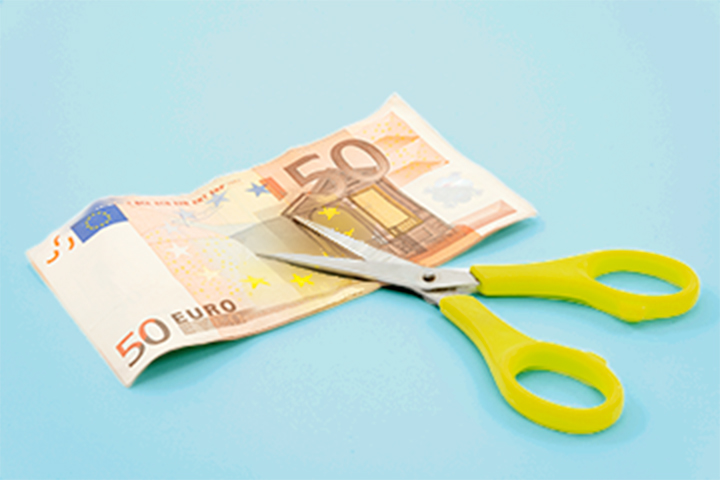
Capital gains tax: how will it affect your portfolio?
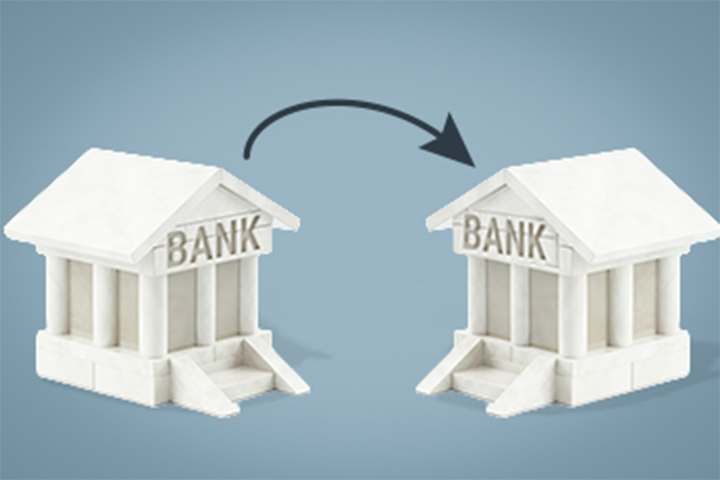
A hassle-free guide to switching banks

Why you should keep your account statements

ChatGPT as financial adviser: reliable or not?

Why a child deserves pocket money
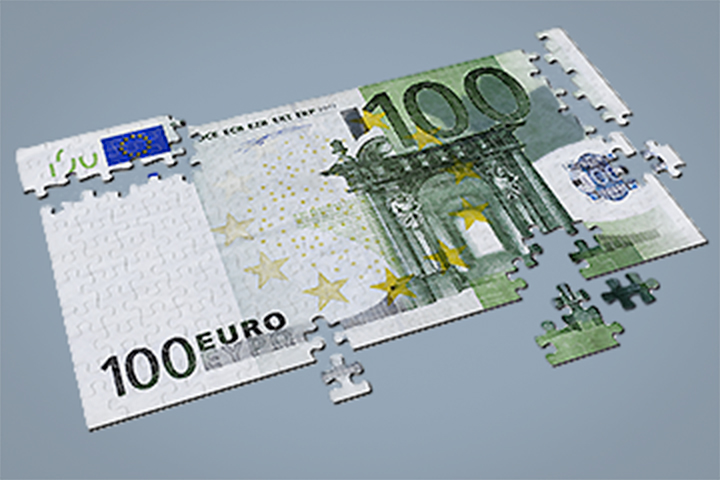
14 surprising savings ideas
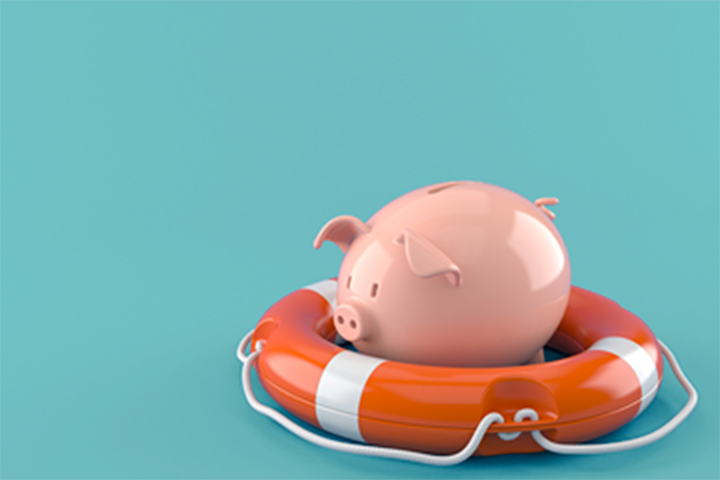
Guide: how much you need in savings

What is interest and what does it have to do with your savings account?

How much money do you have – without knowing it?

Monthly video 2026

Valentine’s rally: romance meets precious metals

Stock market romance: profiting from Valentine’s Day?

Investing in the $1,000 club

Ten lessons that stand the test of time: The legacy of the Oracle of Omaha

Why you should pay in the maximum amount to your pension savings in January

Planning to live together or get married? What this means if your partner is in debt...

Monthly video 2025
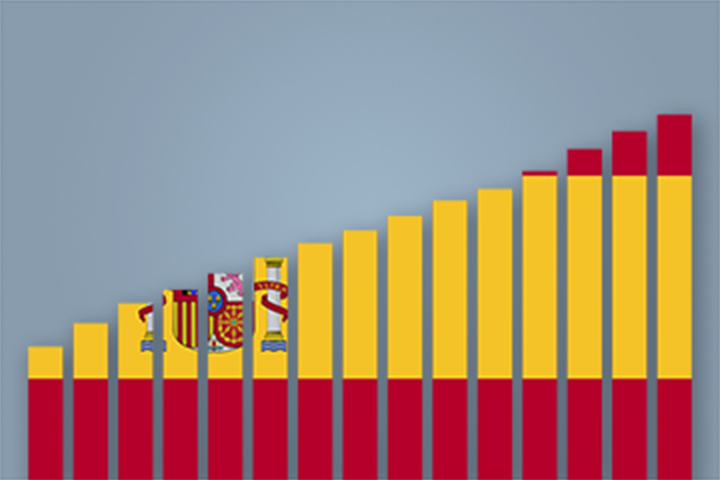
From siestas to sprints, the Spanish stock market surprises investors

Is it time to say goodbye to bonds?
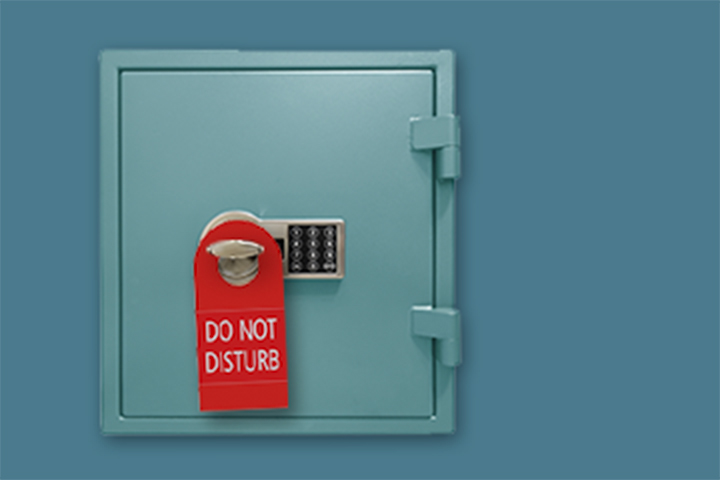
Do you have a dormant account? This is how you can check!

Are we in an AI bubble?

Are luxury stocks worth investing in?
Investing in AI: hype or a ticket to the future?

How can I invest or save better for my child?

From stadia to the trading floor: here's how to invest in sport

Lost in the ETF jungle? Here's a compass to help you find your way

What is a tracker and how do you choose the right one?

Gifting money: register or take the risk?

Investing in stock market newcomers: a sensible strategy?

Think twice before entrusting your will to ChatGPT

Graph of the week: Industry has not succumbed to Trump!

Why are shares continuing to rise? No-one knows
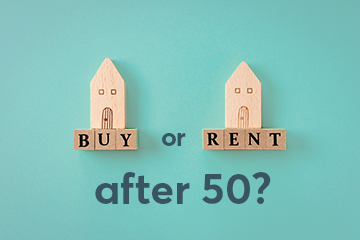
Buying or renting after you turn 50: which option is best for your future plans?

Belgium becomes a global player in healthcare real estate

Why you can take out a home loan too as a single person

Should we be concerned about the US debt mountain?

Have you considered investing in Latin America?

How high students’ earnings may, and more importantly, may not be

Risks and opportunities in the energy sector

New reductions in stamp duty for home buyers

Is a buy-to-let property a smart investment?
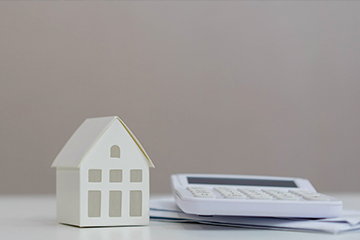
How much can you borrow for a home?

Borrowing for a second home: what are your options?

Property shares: ripe for a comeback?

Helping your (grand)children to buy a home: what are the options?
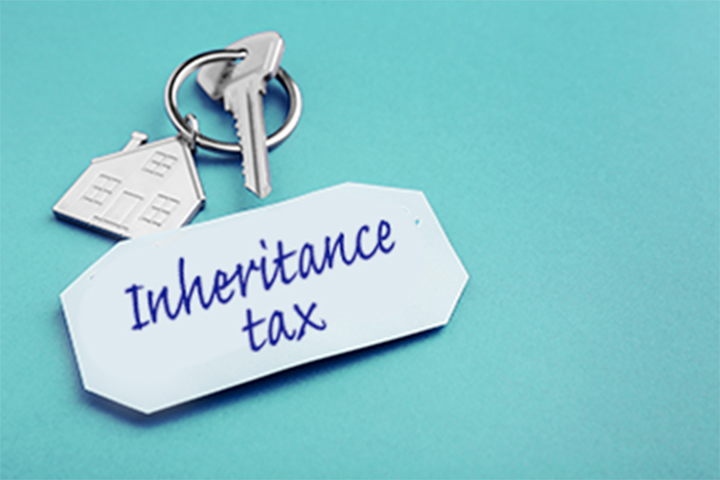
What if you are unable to pay the inheritance tax?

10 tips for the novice property investor

Planning renovations? Which renovation grants are you (still) entitled to?

Investing in your partner’s home? Don’t make these mistakes!

After the gold rally, is it silver's turn?
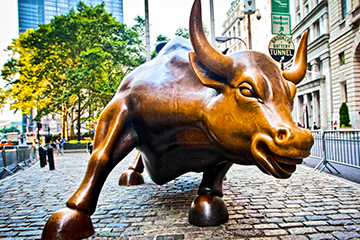
Why the S&P 500 does and does not have a problem

Investing in future index constituents: opportunities and pitfalls

Does Japan have the most underestimated stock market in the world?

Ever heard of the Zweig Breadth Thrust?
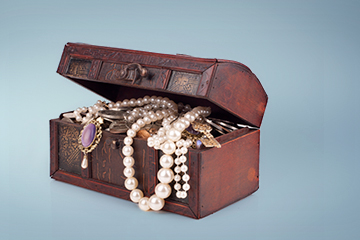
No children yet, but planning to have some? Here's how you can settle your inheritance

Is stagflation becoming the new buzzword?

Defensive shares as a buffer?

US shares no longer number one!

Passive investing: less effort for a better return

Will there be a recession in the US?

As cruise companies gather steam, are their shares doing the same?
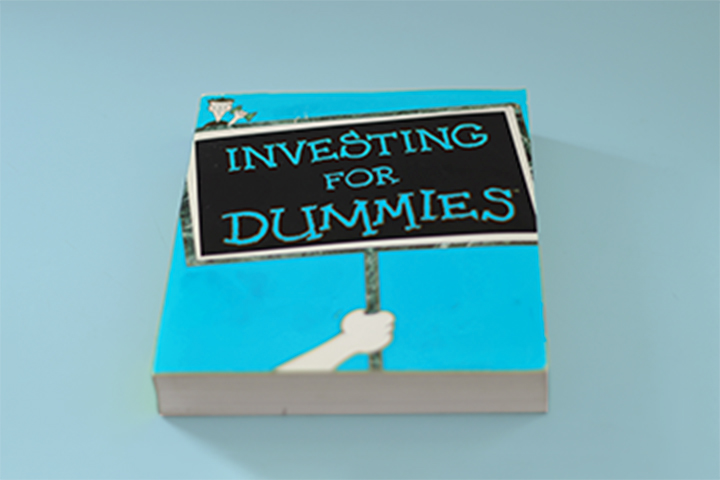
A beginner's guide to buying shares in five steps

Is Elon Musk about to crash Tesla shares?

Your family member dies: how to manage their banking

American optimism reversing: time to head for the exit?

Have the Magnificent 7 lost their magic?

Lending money to family or friends: do you have carte blanche?
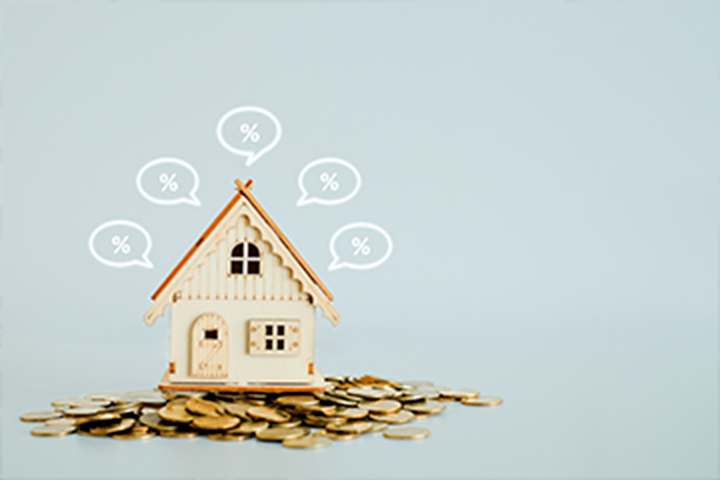
What costs are involved in buying a home?

An investment guide to Europe's military resurgence

Dividend aristocrats: a good beginner investment strategy?

Has the obesity trade peaked?

Monthly video 2024

Investing when money is tight: being ambitious pays off!

How to invest in AI after the DeepSeek bomb

What is investing, and why is it an option for you?

12 questions and answers about a lasting power of attorney

Investors missed out on many great opportunities in 2024
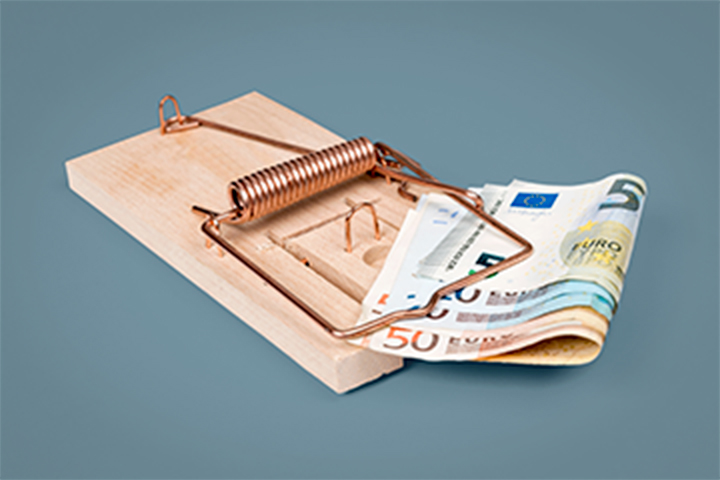
What you need to know before you start dividend investing

40 years of pension savings: what will you spend it on (literally)?
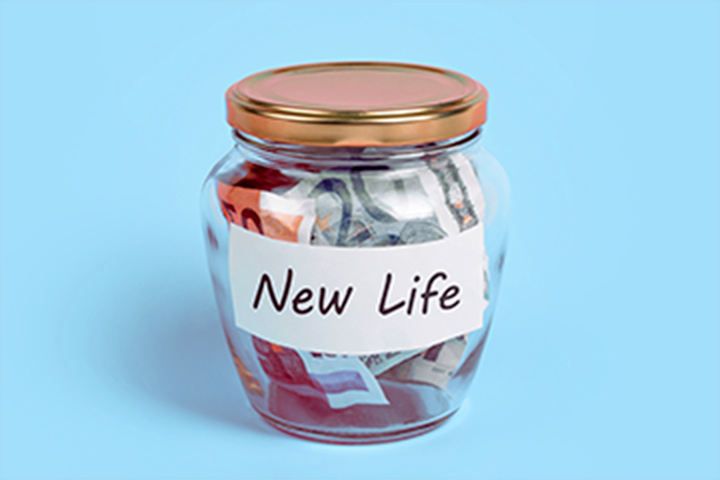
From FOMO to ZERO bank account? 5x pension savings to the rescue

Start growing your pension sooner rather than later
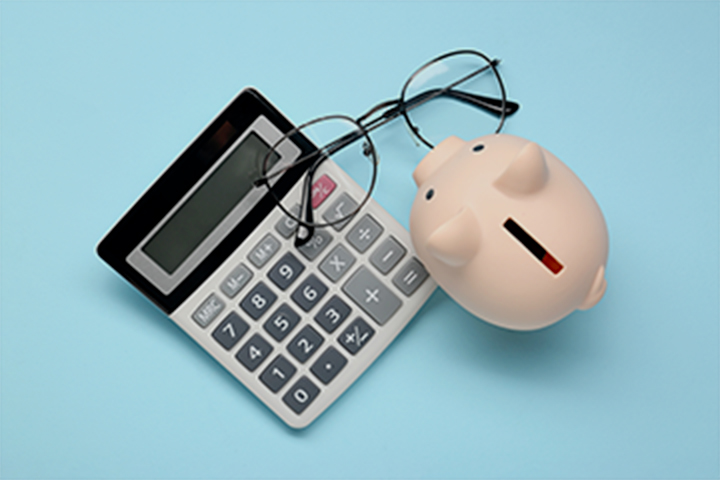
Pension savings returns: these choices give the maximum payout

What monthly pension savings for a maximum return?

Why pension planning is even more important for women

United States 1, Everyone Else 0

What would the retired version of you say to yourself?
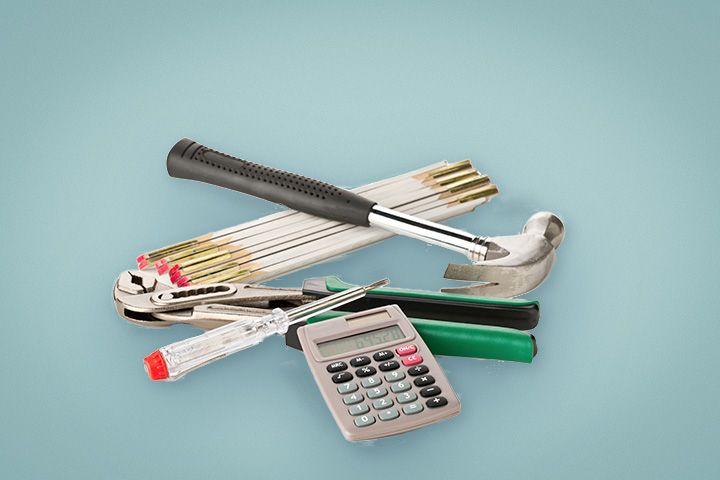
Which loan is the best fit for your renovation project?
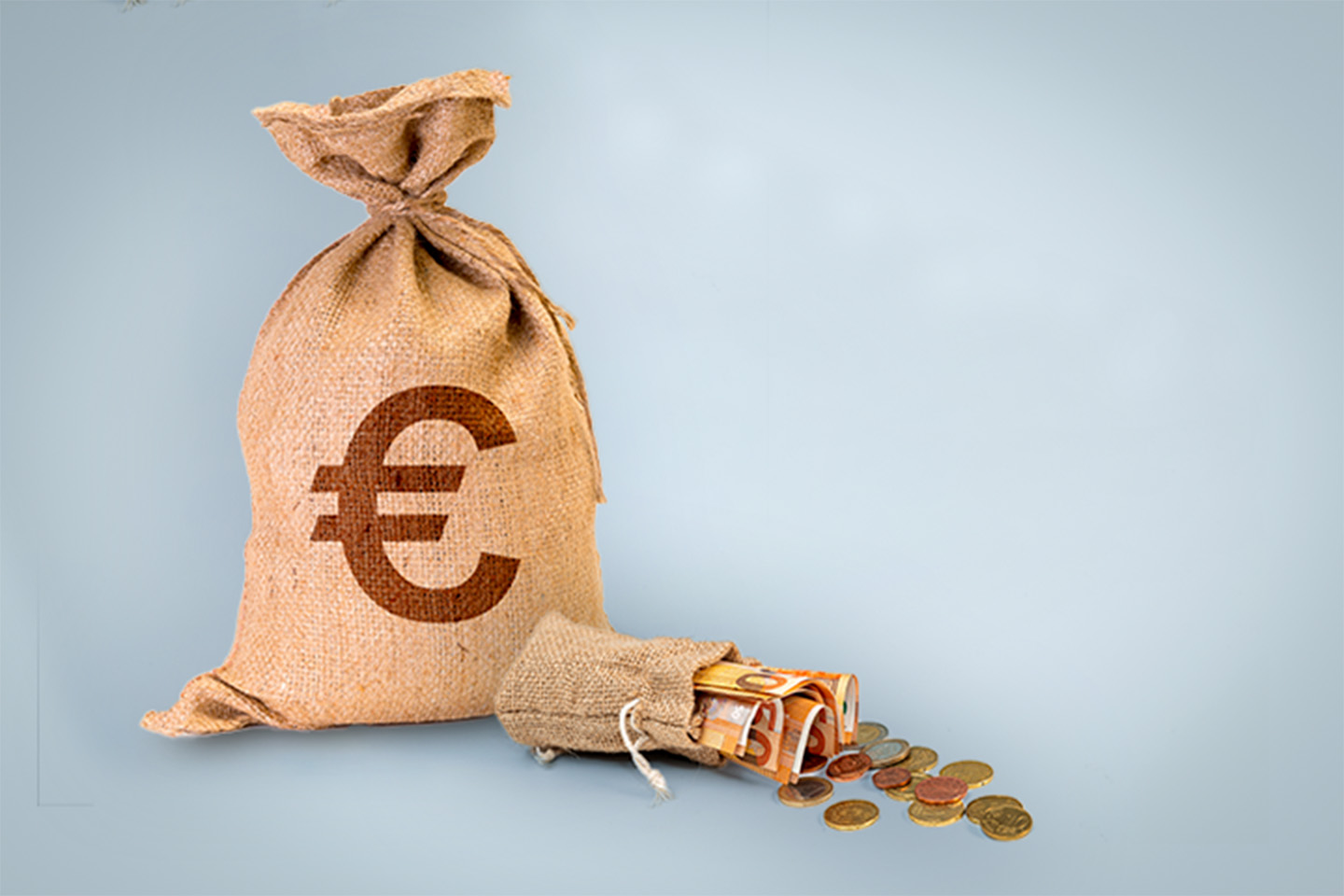
Lump-sum investing vs cost averaging: which offers the highest return?

FIRE: how hot is this financial trend and how does it work?

A potential worldwide trade war is claiming European victims

Ever thought of investing in the pet industry?

Have long-term interest rates once again started a 40-year uptrend?

Democrats or Republicans: which party is better for your investments?

Graph of the Week: Magnificent 7 vs 2000s Tech Bubble

Actively managed ETFs: the best of both worlds?

Investing at new highs is an elevated idea

6 reasons to invest in food

Checklist: travel without any money worries

Untaxed side jobs: what is allowed and what is not (any more)?

Who's who at Keytrade Bank? Who answers the phone when you call us?

Who's Who? Visiting IT

Would it be better to buy a student room than rent one?

Investing in dividend shares: what to look for?

What your friends forgot to tell you about cheaper travel
Investing in football shares: what's the score?

Basic interest rate and loyalty bonus: what does your savings behaviour say about you?
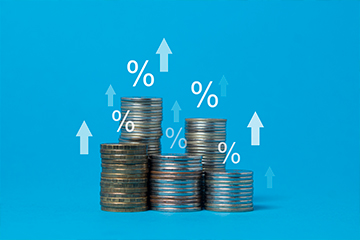
Why high dividend yields can be a poisoned chalice
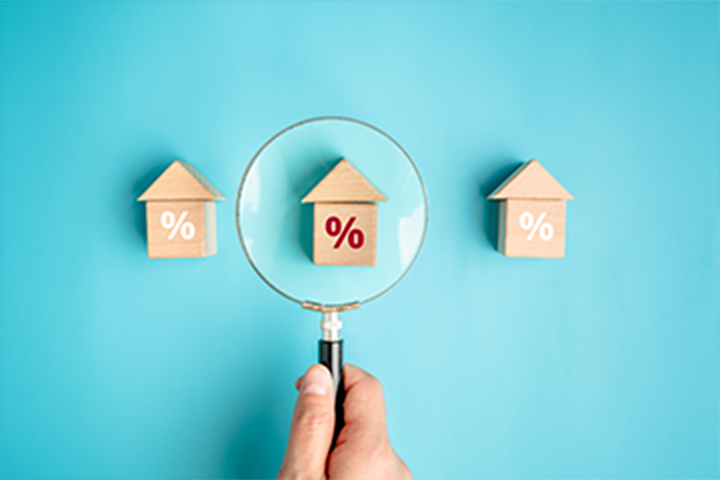
Comparing savings accounts: where do you put your money?

3 ways to invest when you don't have much time.

Is it time to invest in Chinese stocks again?

Europe is no longer falling behind!

How do you select an investment fund for your child?

Secure online banking: how can you protect your finances?

Opening an online bank account: what is holding you back?

The difference between distribution and accumulation for funds or trackers

Will ultra-low interest rates make a comeback? Probably not…

Robotics: From science fiction to science

How to recognise investment fraud

Are money market funds an attractive investment?

Is joining the BEL20 actually good for you?

Is it the right time to invest in bonds?

Stock market records: some down-to-earth advice on how to respond to dazzling heights

Have you ever thought about investing for your children?

Can we still say "Magnificent Seven"? Or should it be "2 Unlimited "?

How can you invest in space travel?

Invest yourself or have someone do it for you: do you have to choose?

What do you have to tell the tax man about your money and investments?

How do you protect your smartphone from hackers?

Monthly video 2023

Five myths about sustainable investing

How can you invest in an ageing population?

Small company shares with big opportunities?

6 reasons why installing solar panels is still worthwhile in 2024

How do elections affect the stock market?

8 questions and answers about holding companies

Golden days? Why to invest in gold (or not)

Nigeria: a new hot spot for adventurous investors?

Exemption from withholding tax on dividends

Looking back on 2023

Will bonds beat shares in 2024?

Investing in emerging markets: are investment funds a smarter buy than trackers?

Shorting: what is it and how does it work?

The 10 principles of stock market success

The advantages and disadvantages of contactless payment

Good positional play is important!

How to put phishers out of a job
Which sectors should remain overweight following the latest rate hike?

Padel has got a new doubles partner with Keytrade Bank

8 timeless rules for investors

Investing in biodiversity: can Wall Street save the rainforest?

Don't forget to make arrangements for your digital estate

Investors, keep your emotions in check!

How natural disasters affect the economy and the markets

Money management in a new blended family: a step-by-step plan

Make an impact with your Keyprivate

It is impossible to disinherit your child in Belgium: fact or fiction?

What is the difference between a tracker and a fund?
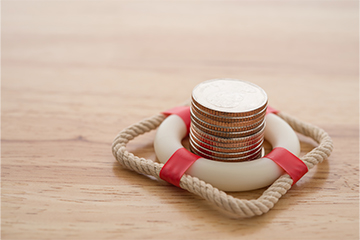
“The headwinds should ease up in the second half of 2023”

“More chaff will be separated from the wheat on the stock exchanges”

2022: 840 000EUR in bonuses and (a higher interest rate on your savings account)

6 things you need to know about your Keytrade Bank credit card

Monthly video 2022

A Keytrade Bank Nature Trail? Yes, please.

Museum of Circular Economy: what’s next?

A recession and yet the markets are going up?!
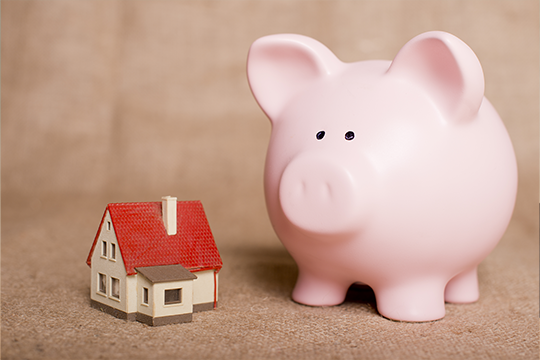
How to buy real estate with your supplementary pension (even though you have not retired yet)

Who's who at Keytrade Bank? Data first

Less costs? Yes, please.

How can you donate or leave a legacy to a charity?

As close as possible to staff

Belgian traders tempted by American stock market rush and Reddit investors

A Keytrade Bank Nature Trail? Yes, please.

How do you find out what a company’s ESG rating is?

ESG's alphabet
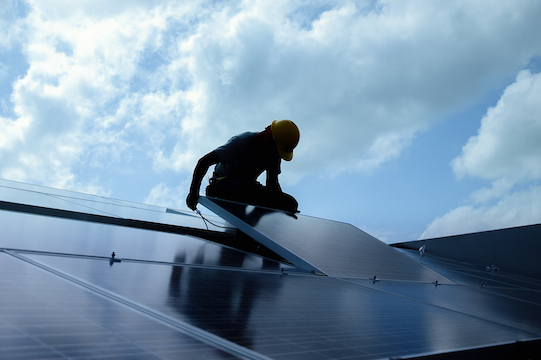
With or without the coronavirus: why green investing remains just as relevant as before
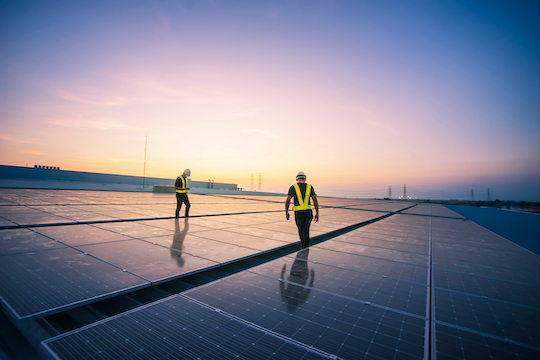
Impact investing: sustainable investments with that little bit more

Sustainable investing: what, why and how?

This is what the tax authorities know about your money

Investing in dividend shares: what to look for?

Monthly video 2021

No group insurance plan? What are the alternatives?

Could there be a little more of using a little less?

Which investment style and which regions would benefit from renewed growth in interest rates?

Which shares will be the rising stars once interest rates start increasing again?

Cohousing rules

Baby on the way? Make sure your finances are ready for it, too

How to protect your capital in the event of a divorce

The halo effect: why we are buying the shares of Buffett, Bezos and Musk

Why investing for your child is a good idea

Timing is everything: how to choose the right time to enter the stock exchange?

La technologie préserve les investisseurs contre l'utopie

How to protect your hard-earned money from hackers

How to include your grandchildren in your inheritance planning: 8 questions and answers

Why (not) invest in micro-caps?

How safe are contactless payments?

Rent or buy? How to use the price-to-rent ratio

What do I do to balance my investments?

The treacherous stock market

On the way to a society without cash?

A must read for when you spotted a second-hand bargain online

Maths on the stock market

The handiest financial apps (and free as well)

Are you investing really globally with a tracker on a world index?

Equity investors look beyond gloomy economic data

7 investment themes for 2029 (for which you can get a head start already)

Ten basic rules for lifelong success on the stock market

Any dip in the global economy appears to just a passing blip!

Are we heading into a year-end rally by the stock markets?

Coronablog de Geert Van Herck: La panique atteint des sommets… énième épisode

Seven investment myths

Blended family: shared savings account or keep things separate?

First Aid for Your (Financial) Administration

Gift or inheritance: which is the most tax-efficient?

Making an offer on a property: what should you look out for?

US stock market dominance not coming to an end yet!

Are trackers the latest bubble on the financial markets?

Will the MSCI Emerging Markets index become the next big thing?


























































































































































































